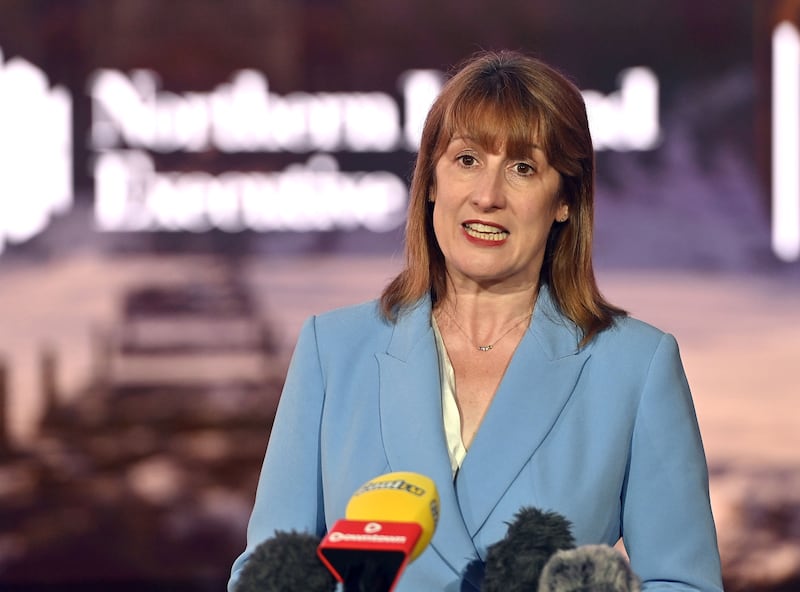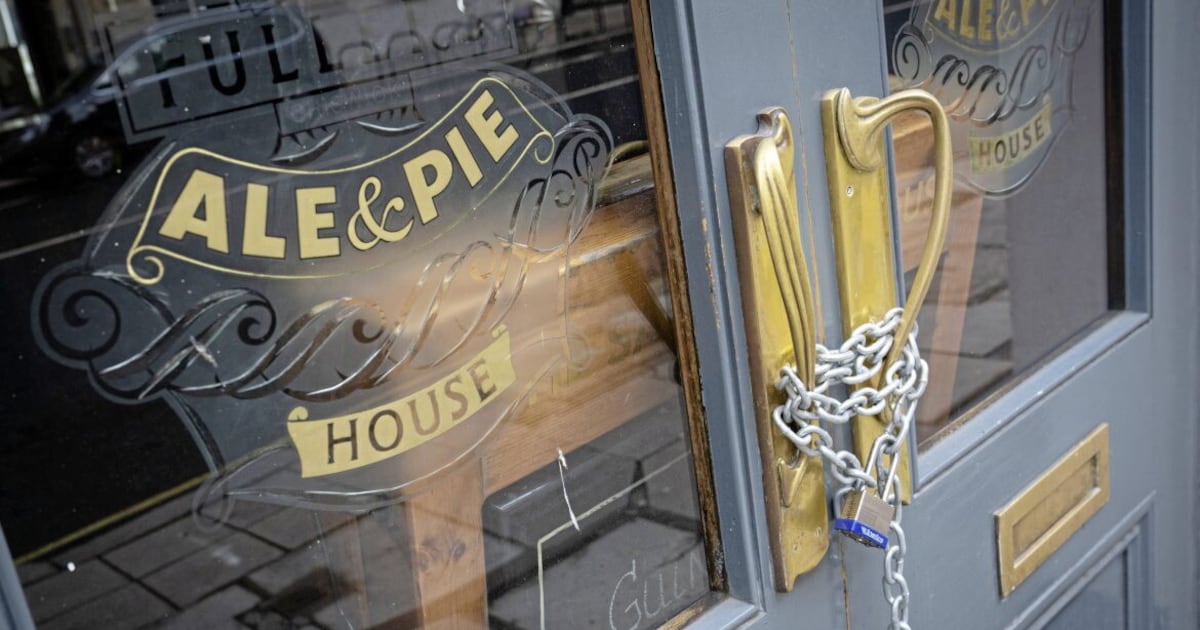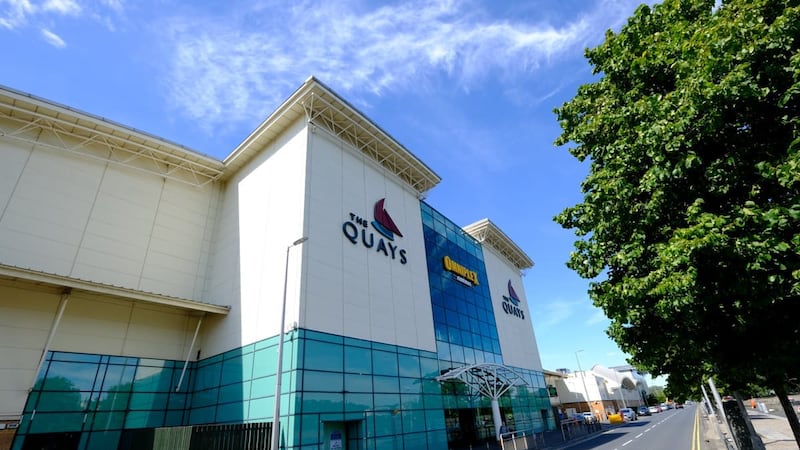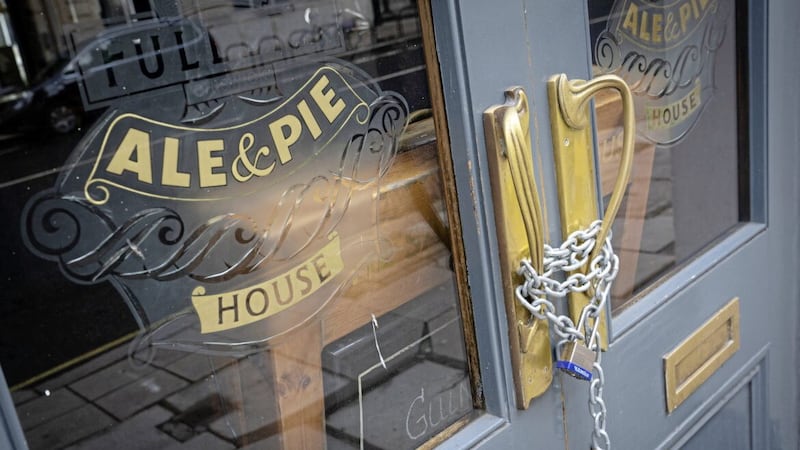The latest barometer of the north’s struggling hospitality sector has revealed that the majority of operators have less than six months of cash reserves, with one in five having no cash fall-back whatsoever, raising fears of businesses going to the wall.
And the findings – which have been described by industry leaders as “shocking” – have prompted fresh calls for Stormont to lean on the UK government and lobby for measures to support this vital sector when chancellor Rachel Reeves presents her autumn Budget in late October.
The survey, conducted by on-premise measurement, insight & research consultancy CGA by NIQ on behalf of UK trade bodies including Hospitality Ulster, shows that recent tax rises have forced Northern Ireland hospitality businesses to dramatically cut their workforce, with 87% of respondents operating below 90% of required capacity, and the majority (55%) operating below 80% capacity.
And as a direct result of April cost increases, 68% have increased prices and half (50%) have cut staff numbers.
 Colin Neill, chief executive of Hospitality Ulster, called on the UK Government and Stormont Executive to ‘act urgently’ (Brian Lawless/PA)
Colin Neill, chief executive of Hospitality Ulster, called on the UK Government and Stormont Executive to ‘act urgently’ (Brian Lawless/PA)
Some 72% of respondents have less than six months of cash reserves, with 21% effectively leaving hand-to-mouth.
Hospitality businesses in the north have pinpointed clear measures they believe are most important to drive growth – a reduction in VAT (cited by 89% of the survey respondents), urgent delivery of meaningful lower business rates multipliers and amendment of April’s changes to employer national insurance contributions (both 45%), and alignment of business/non-domestic rates in devolved nations to match incoming reforms in England (38%).
“This is shocking data,” according to Colin Neill, chief executive of Hospitality Ulster, which speaks on behalf of pubs, restaurants, coffee shops and hotels currently sustaining 72,000 jobs and with annual sales of more than £2 billion.
 Chancellor Rachel Reeves will deliver her autumn Budget in late October, and is being lobbied by hospitality businesses to cut taxes (Oliver McVeigh/PA)
Chancellor Rachel Reeves will deliver her autumn Budget in late October, and is being lobbied by hospitality businesses to cut taxes (Oliver McVeigh/PA)
“It reinforces the urgent need for the UK Government and Northern Ireland Executive to recognise the incredible pressure hospitality businesses have been put under, particularly since April, and illustrates why it should come forward with measures to support this vital sector at the Budget.
“Unsustainable tax increases are squeezing businesses, stifling growth and investment, and threatening local employment, especially for young people.
“It is forcing businesses across the sector to make impossible decisions to cut jobs, put up prices, reduce opening hours and sadly limit the support they desperately want to give their communities.
“Hospitality is united in which measures will reverse this trend and drive growth: a reduction in VAT for hospitality, changes to employer NICs and the delivery of a fair rating system through the review currently under way at the Department of Finance.
“Now is the time to act and back a vital sector that supports the economy, jobs, and local communities. We urge the Executive to do so as soon as they can and the UK Government to do so at the Budget this autumn.”
The stark findings from members of Hospitality Ulster, the British Institute of Innkeeping (BII), the British Beer & Pub Association (BBPA), and UKHospitality come as 84,000 hospitality jobs have been lost throughout the UK since the Budget, which imposed an additional annual cost of £3.4 billion on the sector.


